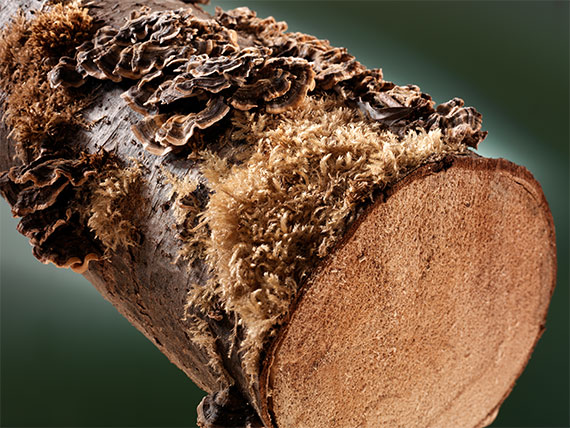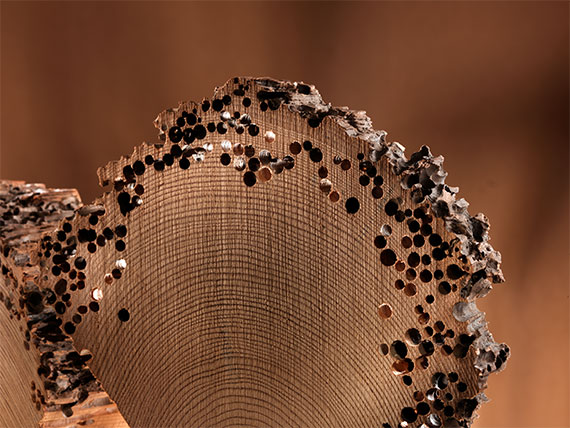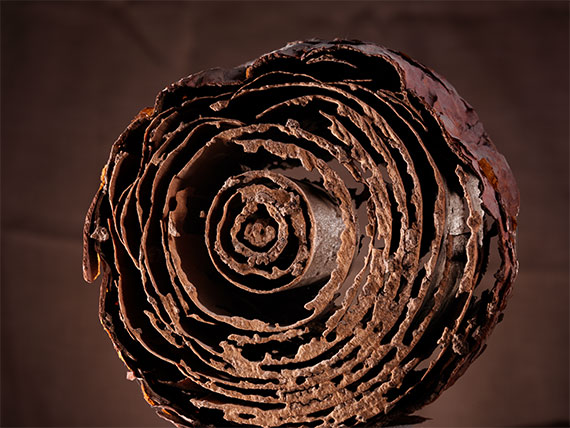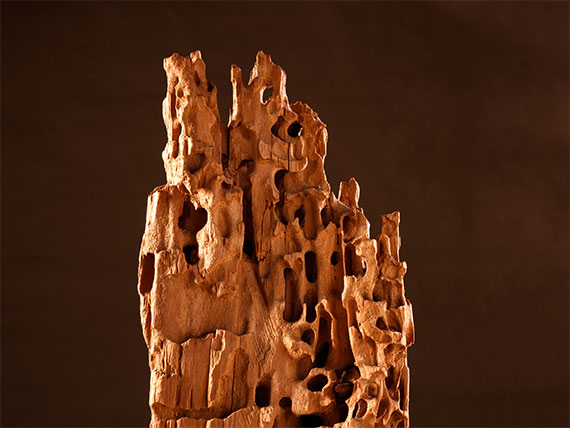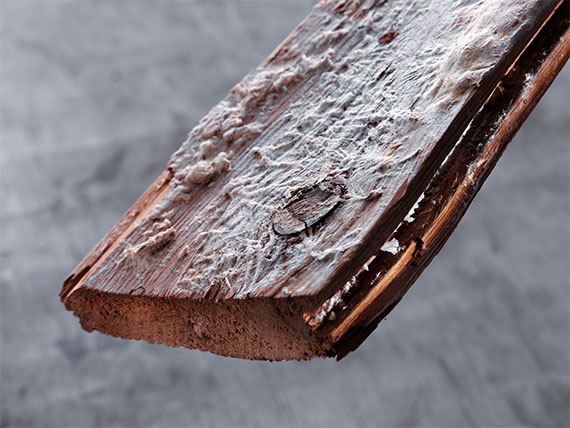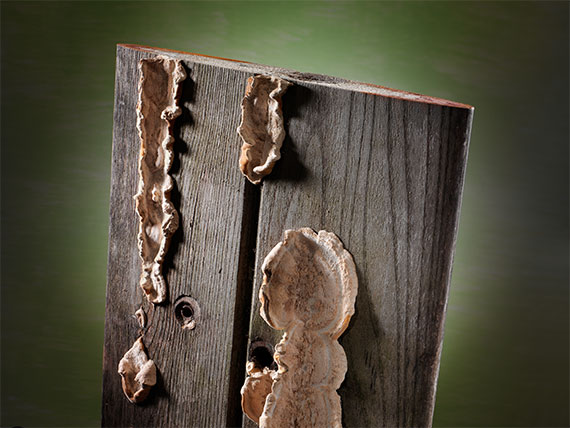Research and Development
"The history of Wolman is largely the history of wood preservation itself." To keep this claim alive, we put a considerable amount of energy and the expertise from over 100 years of wood preservation experience into researching and developing new products.
The research and development division comprises various research laboratories, the service unit, application technology, analysis and entomology/mycology.
The wood preservation laboratories form the core of our research operations. Here, individual, practical solutions are created and developed into products ready for series production. Every year, from new active agents or promising additives, several thousand new formulas are developed, which are then put through a tough and extensive programme of biological and application tests. Only very few survive this tough selection process and are able to meet the high standards we require. The testing takes place in our biological research laboratory, which is accredited according to DIN EN ISO/IEC 17025:2018. DIN EN ISO/IEC 17025:2018 certificate (download)
The demands placed on new products
Our worldwide market presence puts us in a position to be able to research market trends and requirements. The knowledge gained from this represents the beginning of target-specific research and development of new wood preservatives, for which the following points play a central role:
- • Effectiveness against wood destroying fungi and insects
• Assessment of the potential dangers to health and the environment of the product and the treated wood
• Stringent examination of the new agent's substance's effectiveness with regard to its toxicological and eco-toxicological properties.
• Specific orientation to the required field of applications
• Minimum amount of active agent or preservative – maximum protection of the wood
• Optimisation of the product for the intended treatment process
Testing and approval of wood preservatives
Approved products for chemical wood preservation must successfully absolve a great and varied amount of testing. The task of ascertaining the biological effectiveness of wood preservatives in most countries is given to official materials testing institutes. Their tests are based on the EN testing standards. When the criteria stipulated in theses standards are fulfilled, the wood preservative will be attested biological effectiveness in the test certificates.
You can find more information on biological efficacy tests in our Infocenter Wood.
To determine whether wood preservatives fulfil the stipulations on health safety and environmental compatibility, each individual preservative is normally subjected to a comprehensive health-related and environmental assessment by the relevant national authorities.
For wood preservatives that are intended for the preventive treatment of supporting or reinforcing timbers, general building authority approval is absolutely compulsory in many European countries and is granted on presentation of all test results.
For all other wood preservatives, the German RAL-Gütegemeinschaft Holzschutzmittel e.V. (quality assurance association for wood preservatives) offers manufacturers the opportunity to gain a RAL quality label on a voluntary basis.
The biological testing laboratory of Wolman Wood and Fire Protection GmbH carries out various standard tests accredited to DIN EN ISO/IEC 17025:2018 (e.g. DIN EN 113-1, DIN EN 117, DIN EN 118) and its own in-house methods for its own product development, which are used for investigations of (preventive) efficacy against wood-destroying and/or wood-discolouring fungi and other soil-inhabiting microorganisms. Under the following link you will find an overview of all possible services of the Biological Testing Laboratory.
Dr. Jörg Habicht
Head of Wood Protection R&D and Regulatory Affairs
"Independent international testing institutes confirm the quality and performance of our products."
Download: Testing tasks and services of the biological testing laboratory

